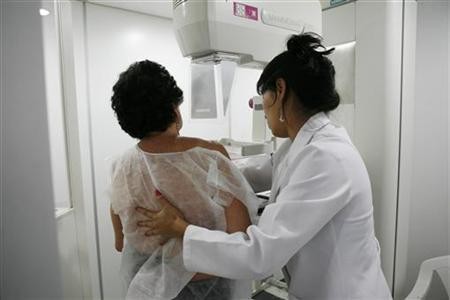Through its leading hospitals, covering over 300 million people, China has established the world’s largest cancer registry.
Approximately three million people develop cancer in China yearly and the registry is expected to include 40 percent of the nation’s population of 1.36 billion by the year 2020.
According to registry director Chen Wanqing, as the registry's coverage widens to include more people, it will help medical experts in understanding patterns in the rising epidemic.
"It will help experts and health authorities in coming up with evidence-based and carefully targeted intervention programs," Chen said.
In addition to that, more medical institutions will be registered as they become qualified venues for cancer surveillance.
The national cancer registry will gather various information, such as new cancer cases, the current death toll, and different methods of treatment underwent by cancer patients to help paint the national picture of the disease in the country. Medical costs have yet to be announced.
Chen is optimistic that a well-designed intervention and organized health communication can help curb the alarming trend of cancer.
The development of cancer is closely linked to factors such as lifestyle, environment and family history.
Estimates show that 2.2 million people die every year in China due to cancer, with costs ballooning to at least 100 billion yuan ($16 billion).
Chen shared that nearly 60 percent of the country's total cases comprise of preventable cancers such as hepatitis C.
Smoking-related cancer also accounts for 22 percent of the preventable cases in China, and others are associated with poor diet and minimal physical exercise.
According to the World Health Organization (WHO), one-third of cancer cases can be managed and prevented.























